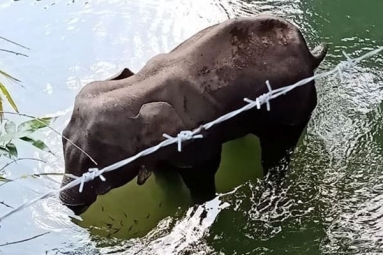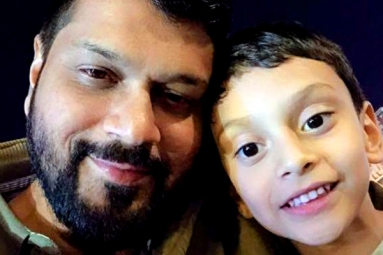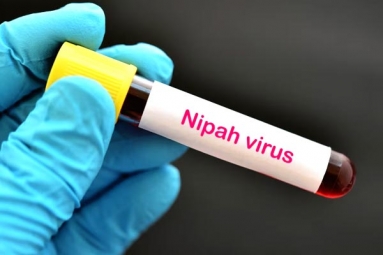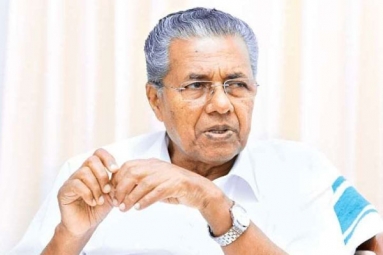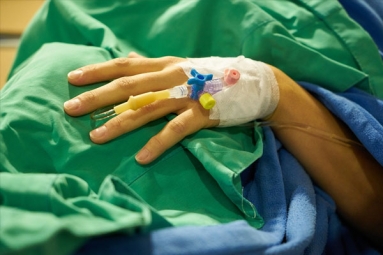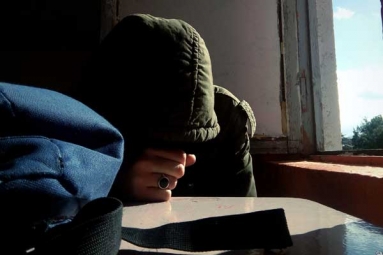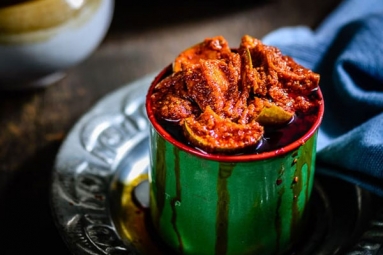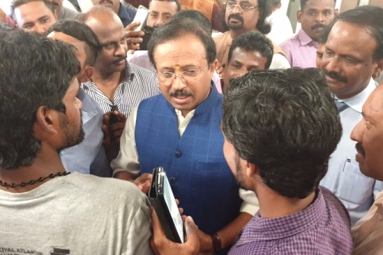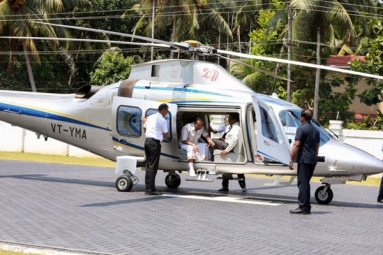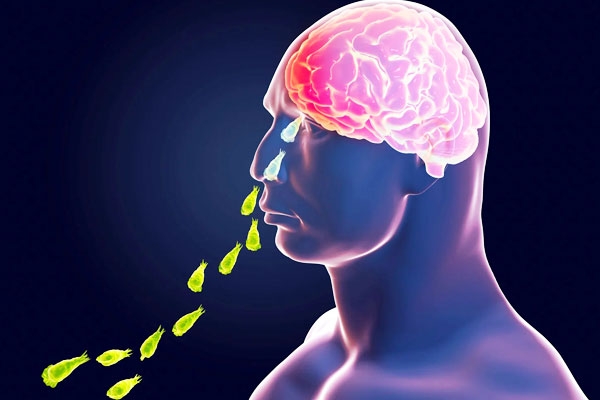
(Image source from: Canva.com)
Kerala is facing a serious health emergency brought on by Naegleria fowleri, a type of microorganism often referred to as the "brain-eating amoeba." In 2025, the state has confirmed 69 cases of a deadly infection called amoebic meningoencephalitis, resulting in 19 fatalities. Tragically, this includes a three-month-old baby and a 52-year-old woman in Kozhikode in late August, making it three deaths within just one month. This situation follows the earlier passing of a 9-year-old girl in August, and many active cases involving both children and adults are currently receiving treatment in state hospitals. In response, the Kerala government has launched a proactive "Water is Life" chlorination initiative, focusing on wells, water tanks, and communal swimming areas. They are also working hard to educate the public about water safety, especially during the monsoon season.
"In contrast to last year, we are not identifying clusters tied to a single water source," stated Kerala Health Minister Veena George in a recent announcement. "We are facing isolated cases, which has made our epidemiological work more challenging." She emphasized that swift detection is essential. Right now, finding out about the infection early and giving strong treatment using miltefosine, an anti-parasitic medicine, has allowed Kerala to achieve a survival rate of 24%, significantly higher than the global average of below 3%. Due to the fast spread and high death rate linked to Naegleria fowleri, gaining knowledge and taking precautions is vital. Here’s what everyone in Kerala, or anyone in similar climates in India and around the world, needs to understand. Naegleria fowleri is a heat-loving protozoan found in warm, fresh water areas like ponds, lakes, wells, rivers, and pools that aren't well chlorinated, especially during summer or the monsoon. The amoeba enters the body through the nose, often while swimming, bathing, or using a neti pot, and quickly moves to the brain, causing primary amoebic meningoencephalitis (PAM).
Although PAM is incredibly rare, it almost always leads to death. Worldwide, the death rate varies between 95% and 98%. Historically, India has recorded very few instances (around 20 total) with nearly all ending fatally. Since 2024, though, Kerala has witnessed a rise: in 2024 alone, there were 36 cases and nine fatalities, while earlier years had only a few sporadic incidences. Alarmingly, some people have survived in Kerala, thanks to early detection and vigorous treatment including the use of miltefosine, which is a rare win given the usual outcome of this disease. India's fight against PAM started with isolated cases dating back to the 1970s. The first known case was in 1971, with rare outbreaks occurring in Tamil Nadu, Maharashtra, and other regions. Nearly all those cases ended in death, and the illness was not well understood at the time due to the lack of research. Kerala's first documented death occurred in Alappuzha in 2016, and for a time, case numbers remained low until the concerning increase from 2023 to 2025.
Rising temperatures and heavy rains are creating ideal conditions for Naegleria fowleri to thrive in freshwater areas in Kerala and various regions throughout India. The pollution of wells, ponds, and community water resources with sewage and organic waste contributes to the growth of this algae. Cultural habits, like ritual nasal washing (abhala or jala neti) with non-sterile water, also put people at risk when the water gets into the nose. Signs of PAM usually start appearing between 1 to 12 days after exposure, with most symptoms appearing around 5 days. Initial symptoms include:
High fever
Severe headache
Nausea and vomiting
Stiffness in the neck, increased light sensitivity.
As the illness progresses, symptoms such as confusion, hallucinations, seizures, trouble maintaining balance, and coma may develop, often leading to death within days. A concerning case is that of a nine-year-old girl in Kozhikode who moved from having a fever to passing away in under 24 hours. Once someone contracts PAM, it is very challenging to treat and recover from, especially for vulnerable groups like children and older adults. However, there are precautions everyone should take to prevent this infection:
Water Safety at Home: Do not bathe or swim in untreated wells, still ponds, rivers, or pools that aren’t chlorinated properly. Use boiled, filtered, or bottled water for nasal washing, ritual rinsing, or neti. Never use tap water that isn’t filtered or chlorinated straight away.
During Recreational Activities: Keep your head out of the water when in natural bodies of water; avoid diving, splashing, or disturbing the sediments where the amoeba might be found. Wearing nose plugs can help prevent water from getting into your nose.
Community & Government Actions: Kerala’s "Water is Life" initiative is actively chlorinating wells and tanks, putting up warning signs, and raising awareness. You can support and take part in these efforts. Join or back local or municipal programs aimed at cleaning and sanitizing water bodies like ponds, pools, and lakes.
Medical Vigilance: If someone experiences a fever, headache, or vomiting after coming into contact with freshwater, especially within a week, get medical assistance right away. Clearly inform the doctors of any exposure to such water. Treatment options now include miltefosine (which must be prescribed by a qualified medical professional) and other intense therapies, which significantly improve chances of survival if started early.
Act Now To Stay Safe: Although this brain-eating amoeba is uncommon, its impact can be severe and is on the rise. However, Kerala's quick actions and instances of early recovery demonstrate that with awareness, safe water use, and prompt medical attention, some lives can be protected. Remain vigilant, steer clear of hazardous water, and focus on safe practices, especially during this monsoon season. Remember, even the smallest preventive measures can protect the most valuable lives.







